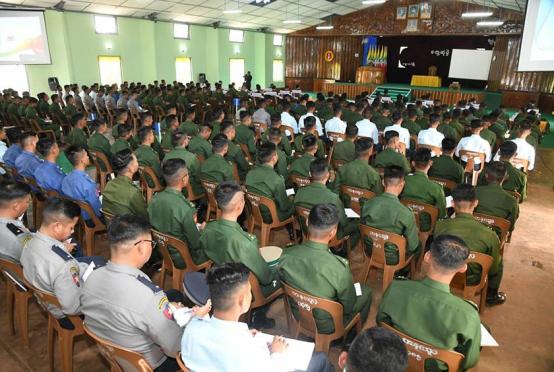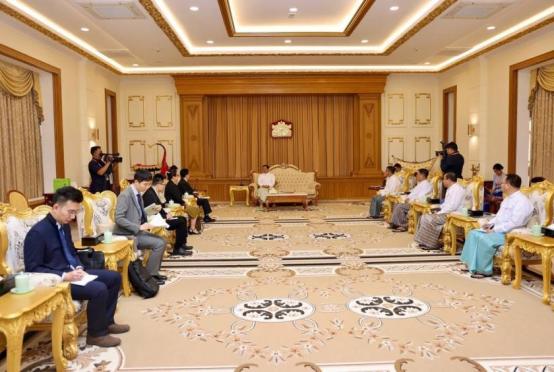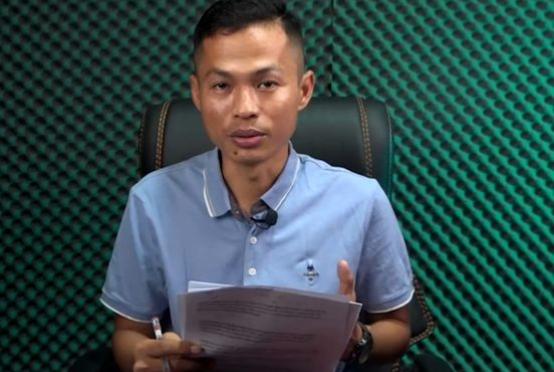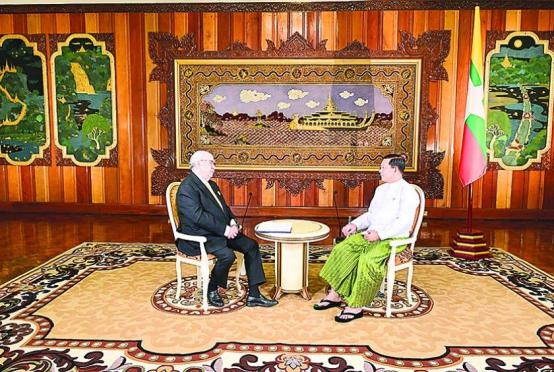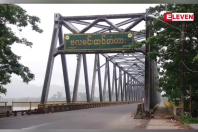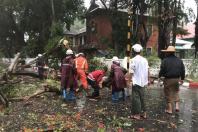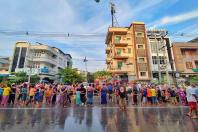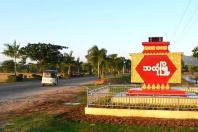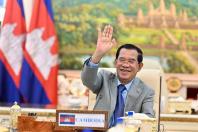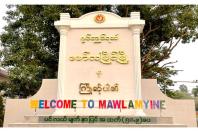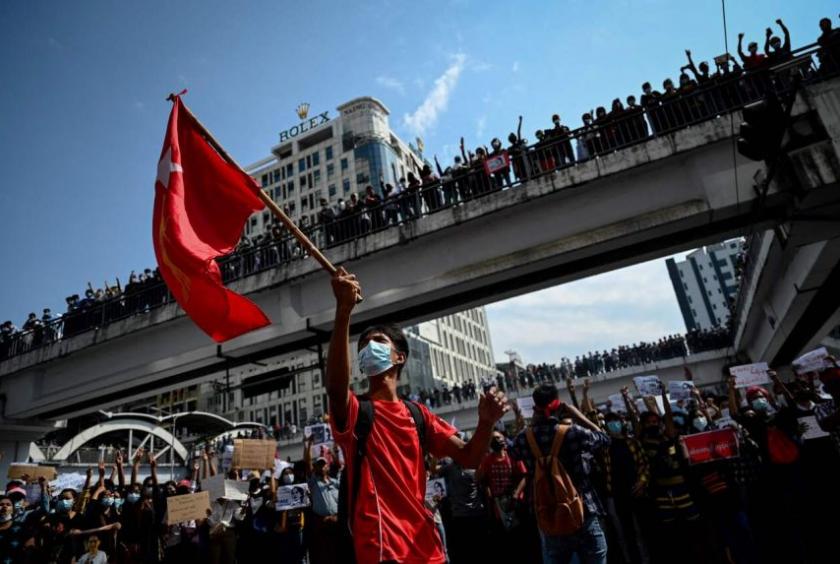
THE STRAITSTIMES/ANN
BANGKOK - While Asean has now appointed a special envoy to try to facilitate dialogue amid Myanmar's crisis, the key question is whether he would be able to gain access to all the political stakeholders in the country, says Singapore Foreign Minister Vivian Balakrishnan.
"Political solutions whilst essential, are difficult and will take… prolonged negotiations," he told reporters on Friday evening (Aug 6) after a week of virtual meetings between Asean foreign ministers and their counterparts from dialogue partners such as the United States, China, Japan and South Korea.
"I would avoid trying to put unrealistic timelines," he said. "It will take time."
Singapore, meanwhile, has "engaged across the political spectrum in Myanmar", Dr Balakrishnan told reporters, declining to give further detail.
But he added: "Singapore believes very firmly that there should be no external interference in the country. A country's ultimate destiny is in the hands of its people."
Asean on Wednesday appointed Brunei's Second Foreign Minister Erywan Yusof as the special envoy to help facilitate dialogue in Myanmar's crisis.
The announcement, made in Asean's joint communique, came three months after the bloc agreed on a five-point consensus to halt the violence in Myanmar, send humanitarian aid there, and also put in place a process that would try to facilitate dialogue among all parties concerned.
Asean was criticised for dragging its feet over the appointment of the envoy while the political violence in Myanmar escalated.
While the Indonesian foreign ministry has said Mr Erywan has to give an update of his progress by September, Dr Balakrishnan warned against raising expectations too high.
"The real imperative behind appointing an envoy is that he should be able to engage all stakeholders across the political spectrum and to the extent that he can act as an honest broker and, hopefully, encourage, facilitate, enable… negotiations and dialogue within Myanmar," he said.
"That's the paramount test. Will he be able to gain access to all the stakeholders?"
Over 900 people have been killed so far by the ruling military since the February military takeover, according to the Assistance Association for Political Prisoners.
These numbers are disputed by the ruling military, which rebranded itself as a "caretaker government" on Aug 1.
Erstwhile peaceful young protesters are now resorting to armed attacks on soldiers and other agents of the ruling military.
Meanwhile, deposed lawmakers and their allies who have regrouped under an entity called the National Unity Government are competing with the ruling military for international recognition as the rightful leaders of Myanmar.
But Asean has so far only formally engaged with the ruling military's representatives, including its Foreign Minister Wunna Muang Lwin, who took part in this week's meetings.
While Asean abides by a policy of non-interference, some regional diplomats argue that more robust intervention is needed because increasingly desperate conditions within Myanmar are being compounded by the surge in Covid-19 infections.
Testing constraints mean that the official figures - an additional 4,132 new cases and 293 deaths on Thursday - under-represent the severity of the situation.
Mr Jurg Montani, acting head of the International Committee of the Red Cross in Myanmar, told The Straits Times on Friday that "it is vital that the health response to Covid-19 is depoliticised".
People in Myanmar are dealing with not just the political crisis and the pandemic, but also the past decades of armed conflict, he said.
"The humanitarian needs these overlapping crises generate are straining the health system close to breaking point," he said.
Dr Balakhrishnan called the situation in Myanmar a "perfect storm".
"The violence unfortunately has not stopped. There has been no release of the political detainees," he said.
"There has been no dialogue going on between… all the stakeholders in Myanmar. And on top of the political turmoil, the economic standstill - then to make things worse - the very dire Covid-19 situation."
Singapore is currently extending aid to Myanmar through the Myanmar Red Cross and Asean's humanitarian aid unit.
"The political turmoil contributes to the humanitarian disaster which is unfolding now and there is a need for us to extend assistance to the maximum extent that we can to the people of Myanmar," said Dr Balakrishnan.
"We hope that the assistance provided to Myanmar will reach the people on the ground with urgent and dire needs because of Covid-19. So this remains our focus right now."

